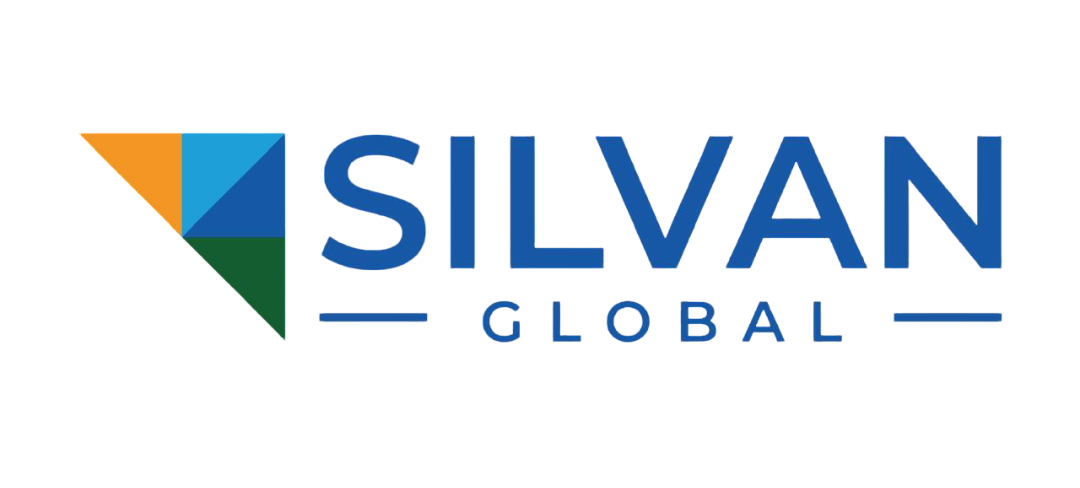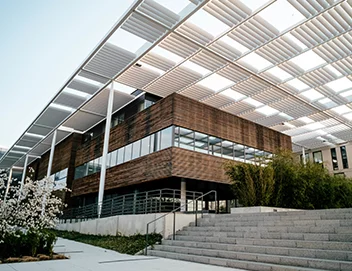- Echoes of Disruption: Global shifts unfolding with breaking news and reshaping the future of technology and governance.
- The Technological Accelerant: AI, Connectivity, and Disruption
- The Shifting Sands of Governance: Trust, Regulation, and Sovereignty
- The Reshaping of Global Power Dynamics
- Navigating the Future: Resilience, Adaptation, and Ethical Considerations
Echoes of Disruption: Global shifts unfolding with breaking news and reshaping the future of technology and governance.
In an era defined by rapid transformation, the constant influx of breaking news has become a defining characteristic of the 21st century. These immediate updates, often delivered through digital channels, represent not just isolated events, but rather symptoms of deep-seated shifts—shifts in technology, governance, and the very fabric of global society. The sheer volume and velocity of information can be overwhelming, demanding a critical approach to understanding its significance and long-term consequences.
This accelerated pace of change presents both opportunities and challenges. While it allows for quicker responses to crises and fosters increased awareness, it also necessitates a refined ability to discern truth from misinformation. Increasingly, the lines between fact and opinion become blurred, requiring individuals to become active investigators, constantly evaluating the sources and interpretations presented to them. This article delves into these multifaceted dynamics, exploring how these unfolding events are reshaping our world.
The Technological Accelerant: AI, Connectivity, and Disruption
Technology is undoubtedly the primary driver behind the acceleration of change. The rise of artificial intelligence (AI), coupled with ubiquitous connectivity, has created an environment where information travels at unprecedented speeds. AI algorithms curate news feeds, personalize content, and even generate synthetic media, presenting both remarkable possibilities and potential pitfalls. This intensified connectivity allows for immediate global awareness but also facilitates the spread of false narratives with ease.
Moreover, the democratization of content creation means that traditional gatekeepers of information—newspapers, television networks—have diminished influence. Anyone with an internet connection can be a publisher, which has led to both an explosion of diverse voices and a fragmentation of the public sphere. The challenge lies in developing robust systems for verifying information and combating the proliferation of ‘deepfakes’ and other forms of digitally altered content.
The economic consequences of this technological leap are equally significant. Automation driven by AI is disrupting industries, leading to job displacement and the need for workforce retraining. The gig economy is blossoming, providing flexibility but often lacking the benefits and security of traditional employment. Adapting to these changes requires a proactive approach to education and workforce development, ensuring that individuals possess the skills needed to thrive in the new economy.
| Technological Trend | Impact on Information Flow | Societal Implications |
|---|---|---|
| Artificial Intelligence (AI) | Accelerated content creation, personalized news feeds, potential for misinformation. | Job displacement, need for upskilling, ethical concerns regarding algorithmic bias. |
| Ubiquitous Connectivity (5G, Satellite Internet) | Instantaneous global information sharing, increased accessibility to information. | Digital divide, concerns around privacy and surveillance, proliferation of online echo chambers. |
| Decentralized Platforms (Blockchain, Web3) | Potential for more secure and transparent information systems, bypassing traditional intermediaries. | Regulatory challenges, scalability issues, potential for use in illicit activities. |
The Shifting Sands of Governance: Trust, Regulation, and Sovereignty
The rapid pace of technological and societal change is placing immense strain on existing governance structures. Traditional models of regulation, often slow and bureaucratic, struggle to keep pace with innovation. This creates a regulatory vacuum that can be exploited by bad actors and can stifle innovation. The erosion of trust in institutions—governments, media, and experts—further complicates the situation. A growing sense of polarization and skepticism makes it more difficult to build consensus and address shared challenges.
Nation-states are grappling with issues of digital sovereignty – the ability to control their own data and digital infrastructure. Concerns about data privacy and national security are driving calls for greater regulation of cross-border data flows. However, overly restrictive policies can hinder international collaboration and impede economic growth. Finding the right balance between sovereignty and global interconnectedness is a critical challenge.
New forms of governance, often leveraging decentralized technologies like blockchain, are emerging as potential solutions. Decentralized autonomous organizations (DAOs) offer a novel approach to collective decision-making, potentially bypassing traditional hierarchies. However, DAOs also raise questions about accountability and legal responsibility. The evolving nature of governance demands flexibility, transparency, and a willingness to experiment with new models.
- Increased demand for data privacy regulations, such as GDPR and CCPA.
- Growing emphasis on cybersecurity and protection against cyberattacks.
- Debate over the role of social media platforms in regulating content and combating misinformation.
- Exploration of new governance models, such as DAOs and decentralized identity systems.
The Reshaping of Global Power Dynamics
The acceleration of change is fundamentally altering the distribution of power on the world stage. The rise of new economic and technological powers, such as China and India, is challenging the traditional dominance of the United States and Europe. This shift in the balance of power is manifesting itself in various ways, including increased competition for resources, trade disputes, and geopolitical tensions. The ongoing conflict in Ukraine, for example, highlights the fragility of the international order and the potential for escalation.
The increasing importance of digital infrastructure and data control is further complicating the geopolitical landscape. Countries that control key technologies, such as AI, 5G, and quantum computing, will wield significant influence. The competition for technological supremacy is driving investments in research and development, as well as efforts to secure supply chains and talent. The rise of digital currencies, such as Bitcoin and stablecoins, also presents a challenge to traditional financial systems and monetary policy.
Furthermore, the interconnected nature of global challenges—climate change, pandemics, economic instability—requires international cooperation. However, rising nationalism and protectionism are hindering collective action. Strengthening multilateral institutions and fostering greater trust between nations are essential for addressing these shared threats. The ability to navigate this complex and evolving geopolitical landscape will be crucial for ensuring a stable and prosperous future.
- Re-evaluation of international alliances and partnerships.
- Increased focus on economic self-reliance and supply chain diversification.
- Development of new frameworks for governing digital technologies and data flows.
- Strengthening of multilateral institutions to address global challenges.
Navigating the Future: Resilience, Adaptation, and Ethical Considerations
The constant barrage of change demands a focus on resilience, adaptation, and ethical considerations. Individuals, organizations, and governments must develop the capacity to anticipate, respond to, and learn from disruptions. Investing in education, innovation, and social safety nets is crucial for building a more resilient society. Furthermore, fostering a culture of lifelong learning is essential for individuals to adapt to the changing demands of the labor market.
The ethical implications of emerging technologies must be carefully considered. AI algorithms can perpetuate biases and exacerbate inequalities. The increasing use of surveillance technologies raises concerns about privacy and civil liberties. The development of autonomous weapons systems poses profound ethical dilemmas. Proactive efforts to establish ethical guidelines and regulations are needed to ensure that technology is used responsibly and for the benefit of humanity.
Ultimately, navigating this era of disruption requires a holistic and forward-looking approach. Embracing innovation while mitigating risks, fostering collaboration while respecting sovereignty, and upholding ethical principles while pursuing progress—these are the key elements of a successful strategy. As the world continues to evolve at an accelerating pace, cultivating adaptability and a commitment to shared values will be essential for creating a future that is both prosperous and sustainable.





